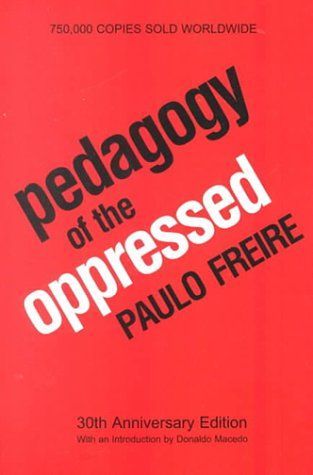
Reviews
i@heartofstone
Midori Kobayashi@snortingpages
aisha@aishas
Brigid Hogan@br1gid
John Balek@cruelspirit
marlisa@marmalade
josh@joshmingming
Macy HB@macyhb
Mireia@mireiaallende
Alma@burningjellies
refutabilitas@d333cimal
kate@fatalgift
Ellie Younger@ellierose2000
Princess Doe @princessdoe
kitty @fangrunins
Atticus Cameron@atticspaced
Emma Bose@emmashanti
Elena Kuran@elenakatherine
Sofia Morales@sopi
chai@chaimyto
Dr Seth Jones@sdjones
Jerald Lim@jerald
Sameera@sameera
farah@apharos
Highlights
nica@nicslcd
nica@nicslcd
nica@nicslcd
nica@nicslcd
nica@nicslcd
nica@nicslcd
nica@nicslcd
nica@nicslcd
nica@nicslcd
nica@nicslcd
nica@nicslcd
nica@nicslcd
nica@nicslcd
nica@nicslcd
nica@nicslcd
nica@nicslcd
nica@nicslcd
nhu ⋆𐙚₊˚⊹@nhuelle
Page 181
nhu ⋆𐙚₊˚⊹@nhuelle
Page 163
nhu ⋆𐙚₊˚⊹@nhuelle
Page 130
nhu ⋆𐙚₊˚⊹@nhuelle
Page 127
nhu ⋆𐙚₊˚⊹@nhuelle
Page 95
nhu ⋆𐙚₊˚⊹@nhuelle
Page 94
nhu ⋆𐙚₊˚⊹@nhuelle
Page 89